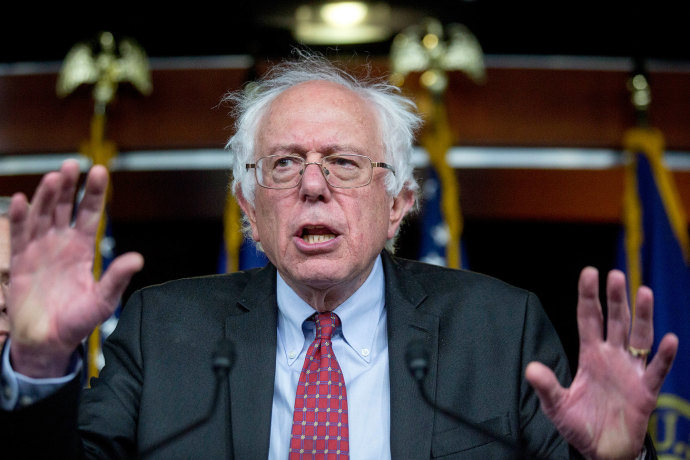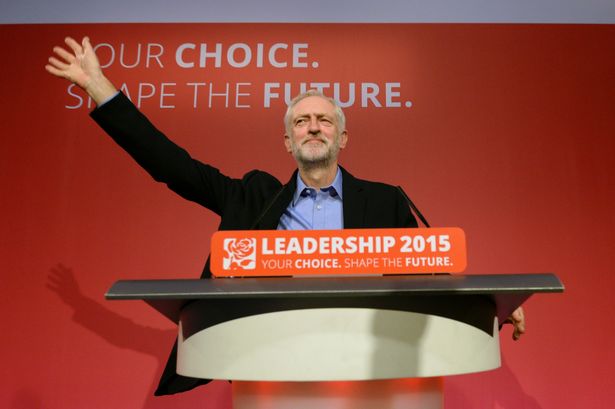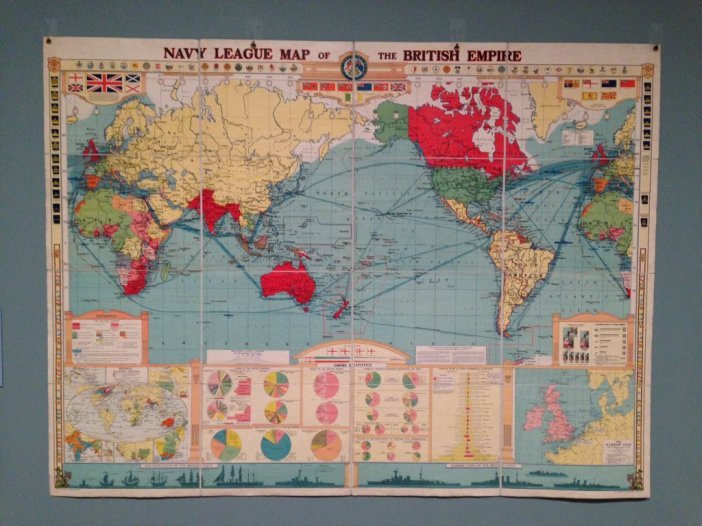In the week before Christmas, around the time every political hack in Britain was writing about Spanish exit polls or Jeremy Corbyn’s first 100 days, a strange message appeared that, depending on your point of view, either sums up reasons the left can be hopeful for 2016 or was some pre-Christmas surreal comedy.
George Aylett is a left wing Labour activist who stood for Parliament in May. He seems like a nice person and is quite ‘big’ in the weird, wonderful world of left wing social media. I’m certainly not trying to critique him personally. But he provides a near perfect example of the baffling new optimism of the Labour left as we enter the new year.
In case it is one day taken down, the tweet reads:
‘The rise of Corbyn in Britain., Sanders in the USA, the left bloc in Portugal and now we have Podemos in Spain. What a time for socialism’.
It is, I think, a very hopeful picture. Socialism on the march in Western Europe and the USA, with a democratic socialist alternative presented to the people via the ballot box. It is the sort of thing Billy Bragg could write one hell of a ballad about. It is also a succinct, two sentence summary of a position on the world currently held by much of the Labour left. A position that by many objective measures, seems to be built entirely on sand.
In America, Bernie Sanders has run a groundbreaking campaign for the Democratic nomination but his numbers outside of a few areas are hardly enough to give Hillary Clinton sleepless nights. This is not the West Wing and he is not Matt Santos (he is, for aficionados, more of a Howard Stackhouse in my opinion). In Portugal the left gained ground in October but a right wing coalition formed a government after the election and it took a constitutional crisis to bring the left into power, which now governs the country (but with a centrist President). Spain, the latest European nation to turn to a youthful left wing party in the face of austerity, is now faced with the likelihood of unstable coalition government and a party of government that has no women in its upper or middle ranks.
This isn’t to say that, after decades of neoliberal dominance, the successes of socialist politicians in Greece, Portugal, Spain and New Hampshire should be ignored. Certainly any struggle to replace social democracy with socialism as the main opponent to conservatism in Europe and the US will be long and hard. However, to overplay these small successes as a turning of the tide is foolish.

Of course, we have yet to touch on Britain. Here, Jeremey Corbyn has won a huge mandate from members of the Labour Party to be their leader and, in all likelihood, his election has changed the nature of the party for some time to come. But among voters he is one of Labour’s most unpopular leaders and is ridiculed as out of touch, soft and eccentric in the press. This is hardly a ‘rise’, more like a gentle plateau in the foothills of opposition. But, despite this, most of Corbyn’s supporters seem happy to publicly declare him a success so far.
In the May General Election Labour was forecast by many pundits to sneak into government. The polls were tight but the left was hopeful and the right nervous. Just after 10pm that picture was shattered and David Cameron romped home to a majority, having needed to be propped up by the Liberal Democrats five years earlier. The manner of this defeat is one of the reasons why the Labour left’s new optimism has taken hold.
Simply put, to many the polls can no longer be trusted. The numbers show Labour flagging behind the Tories, poor approval rating for Corbyn and a lack of understanding among the general public about what Labour is offering. And yet, to those who feel rightfully angry that dozens of pre-election polls gave them so much hope, little of this is of consequence. The polls just cannot be trusted (although, perversely the polls showed Corbyn’s victory in the Labour leadership election for weeks before the event. Clearly they are still good for something).
The second reason the Corbyn, along with Sanders, Podemos and the Portuguese left, is hailed as a new hero for socialism is because it has been so long since there were any. In Britain the left has been led by, broadly speaking, ‘moderates’ since the early 1990s. Moderates that won elections and brought in the minimum wage, for example, but who were a long way from the traditional socialist position of Labour in the 1970s and 80s. In Europe, social democracy has rules the roost and even in nations where electoral systems and demographics allow for the hard left to be a more persistent presence, the struggle for socialism has had few champions.
But is all this optimism actually a problem?
Well, no political party has ever won an election running on a platform of introspection, self-doubt and pessimism. Voters will only ever believe in political leaders who appear confident in their own ideas. So on one hand the Labour left’s belief in its own strength can be a good thing.
However, if this optimism is truly built on shaky foundations, it will simply lead the party astray. The bottom line of politics is that no party, however confident or well intentioned, can make change without winning elections. The best evidence we have right now suggests Labour can’t win on the left wing platform it has moved to since May. So why should anyone be happy about this?
This, really, is the nub of the internal debate still raging within Labour. It has been characterised as a battle between electability and purity but that does disservice to both sides. However, what should be most frustrating to ordinary party members is that this battle of near sighted optimism and defeated cynisism is ruining the chance to build a very different, very new party.
Both of the broad factions within Labour are out of ideas. The Labour left finds itself unable to shape and articulate their ideas in a way that will appeal to the electorate. The Labour centre and right find themselves unable to make their ideas appeal to the rest of the party. Everything is going stale, while the Tories cherry pick Labour ideas for their own and continue to cement their position in the electable centre of British politics.
In this situation the only way forward is to have an honest, open and yes, radical, discussion about where the Labour Party stands and what it stands for. That is what many hoped for after May when the long leadership election was announced. Yet we have been left with is a pastiche of 1980s socialism that resonates with very few outside of the party. An amazing opportunity has been missed.

And this is why the bright eyed, optimistic worldview of campaigners like Aylett saddens me. We could be having serious discussions about how to combine socialist ideas with the mainstream of British politics. Take, as one very brief example, new ideas about the role technology and automisation can play, not to increase profit and rob workers of their jobs, but to raise productivity and change the nature of work, giving people more free time and a higher quality of life. This could be Labour’s new ‘white heat of technology’ and is a perfect example of where the left of the party could meet the ‘moderates’ to forge new ideas.
However, as long as those who now lead the party continue to talk only to their friends, to be blinkered to the wider political terrain in which they are sat and to place their faith in optimistic feeling rather than pragmatism and cooperation, we won’t be discussing anything as interesting as the new white heat of technology. We’ll be bickering over the makeup of the Shadow Cabinet and trying to decide whether Ken Livingstone can attack the mentally ill and get away with it. Lord Ashcroft, the Tory donor and pollster, famously told his party to ‘wake up a smell the coffee’ during the Blair years. Somehow, the Labour Party needs to do the same. There are millions of Britons who need a Labour government and who will suffer under a Conservative one. Right now optimism and international solidarity with socialist abroad will not help them. We are failing them and doing it with a smile on our faces.


